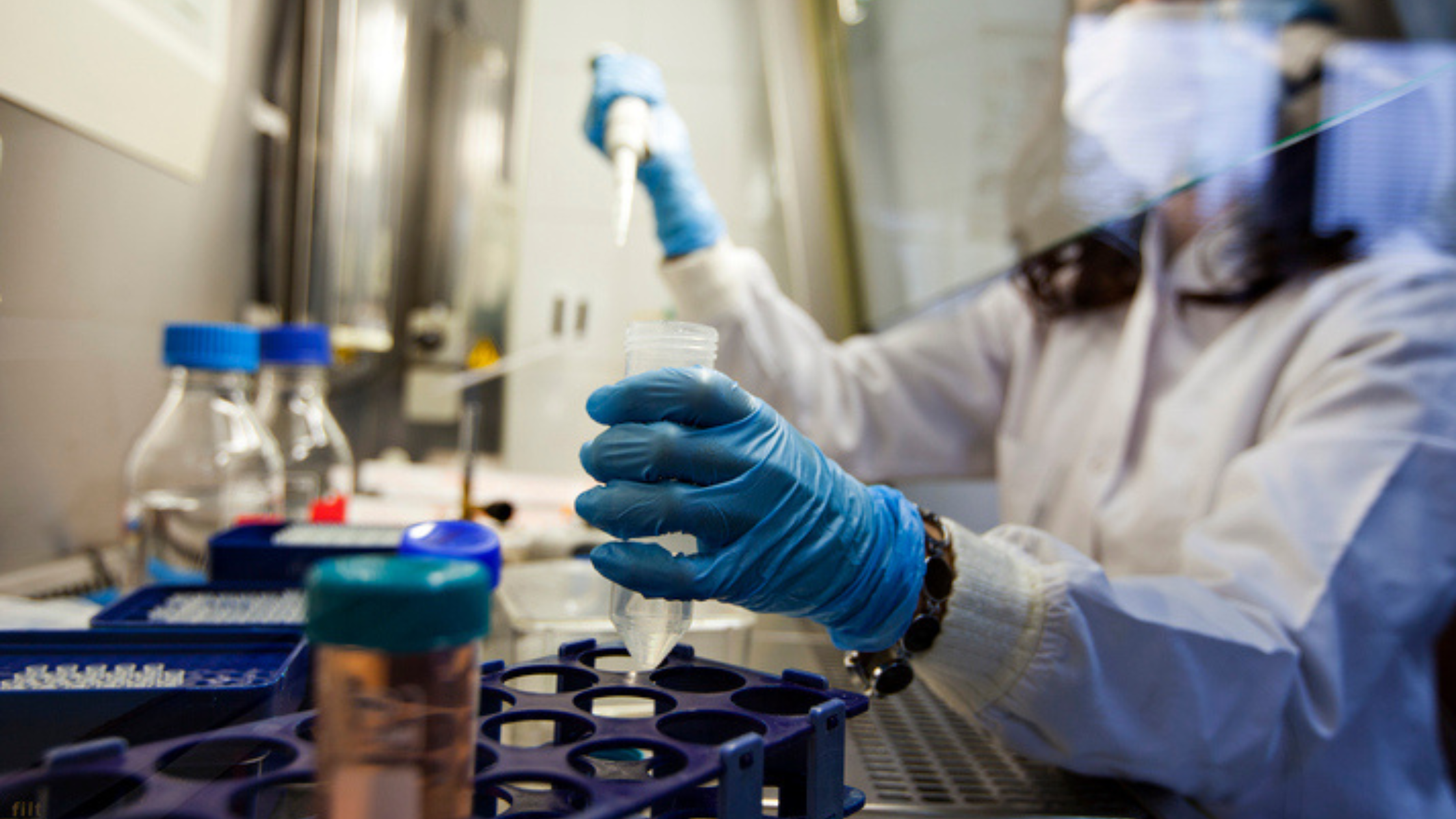Key Takeaways
- From ancient times to today, life expectancy has increased from around 30 years to over 70, driven by breakthroughs in medicine, sanitation, and nutrition.
- Advances like germ theory, vaccines, antibiotics, and modern medical technology reshaped the human experience, drastically reducing mortality rates.
- Genomic research, regenerative medicine, and personalised health technologies hold potential for even healthier and longer lives, building on centuries of health progress.
Did you know that the average human life expectancy has more than doubled over the past two centuries? From a mere 30 years in the early 1800s to over 70 today, it’s astounding how much progress we've made in extending healthy life. This journey through history reveals the incredible breakthroughs that paved the way for modern ageing.
The Agricultural Revolution
The roots of extended human life go back to approximately 10,000 BCE, with the Agricultural Revolution. Transitioning from hunting and gathering to farming enabled communities to settle and access consistent food sources. This development marked the beginning of social structures, improving survival rates and laying the foundation for population growth. Agriculture provided the nutritional foundation that would later fuel other health advances (R).

Sanitation and Public Health Measures
In the 1800s, public health began evolving with a focus on cleanliness. Ignaz Semmelweis pioneered hand-washing in hospitals in 1847, saving countless lives from infection. Soon after, John Snow’s work on a cholera outbreak in London led to major changes in sanitation and water quality. Improved sanitation was revolutionary, making cities safer and healthier places to live (R).
Germ Theory of Disease
The development of germ theory by Louis Pasteur and Robert Koch in the 1860s and 1880s was pivotal in reshaping medical science. Pasteur and Koch proved that microorganisms cause diseases, leading to sterilisation techniques that drastically lowered infection rates in medical settings. This discovery transformed public health approaches worldwide (R).

Vaccination Development
The advent of vaccinations was monumental for life expectancy. Edward Jenner’s smallpox vaccine in 1796 marked the first successful attempt to prevent a deadly disease. With widespread vaccination programs, diseases that once caused mass mortality are now largely controlled, greatly contributing to the longer lifespans we enjoy today (R).
Antibiotics: A Modern Miracle in Health
The discovery of penicillin by Alexander Fleming in 1928 ushered in the age of antibiotics. Antibiotics remain crucial in medicine, preventing infections in surgeries and treating diseases that would have been life-threatening a century ago. However, modern challenges include antibiotic resistance, which will require innovative solutions to continue protecting public health (R).
Advancements in Medical Technology
The 20th century brought transformative medical technologies like X-rays, CT scans, MRIs, and life-support machines, allowing for earlier disease detection and life-saving procedures such as organ transplants. These advancements extended lives and improved recovery times.
Today, evolving technologies like genetic testing, wearable health monitors, and AI-driven diagnostics support proactive health management, especially for ageing. These tools enhance both life expectancy and quality of life, helping people age actively and healthily (R).

Public Health Initiatives and Education
Mid-20th century public health initiatives, like vaccination campaigns for diseases such as polio and hygiene programs promoting handwashing and clean water, transformed disease prevention. These government-supported efforts reduced mortality, fostered public awareness, and established a collective approach to health.
By empowering communities to adopt preventive practices, these programs led to lasting changes in health behaviour and set the stage for today’s preventive healthcare systems, which emphasise vaccination, early detection, and public awareness as cornerstones of long-term health (R).
Genomic Research, Regenerative Medicine, and Personalised Healthcare
Since the Human Genome Project’s completion in 2003, scientists have advanced genetic research, regenerative medicine, and AI-powered healthcare to understand and potentially extend lifespan. These fields focus on identifying genetic factors in ageing and developing personalised treatments to delay age-related decline.
Regenerative medicine, including stem cell therapy, aims to repair or replace damaged tissues, while AI-driven healthcare supports early diagnosis and customised care plans. Together, these innovations hold promise for not only extending lifespan but also enhancing quality of life as we age (R).
A Bright Future for Healthy Ageing
Each milestone along this historical journey has contributed to an unprecedented rise in life expectancy. Emerging fields like stem cell therapy and predictive AI health models hold exciting possibilities for extending both lifespan and quality of life.
Explore the newest addition to the history of longevity, The Daily Longevity Blend; designed to complement the lifestyle choices that lead to a more vibrant, longer life.





